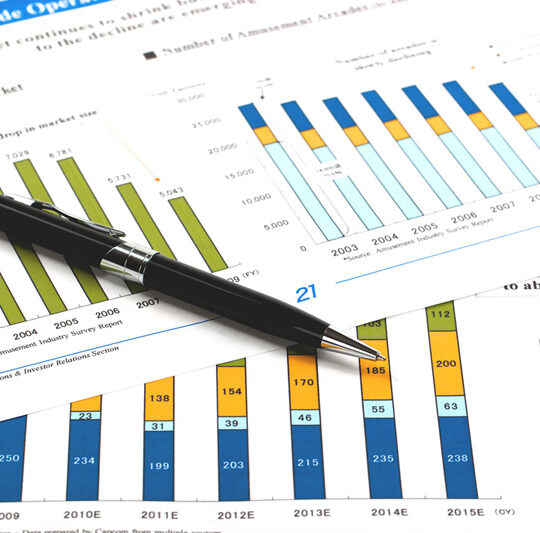
Tags :access:freessts:news:factchecksstsn:Fact Checktag:Coronavirus COVID-19tag:Fact Checktag:Fiscal Policy Newstag:Google Inctag:Governmenttag:Government Grantstag:Internal Revenue Servicetag:Joe Bidentag:Modular Storytag:Overall Negativetag:Overall Neutraltag:Tax Preparation & Planningtag:Taxestag:To the Pointtag:U.S. Congresstag:U.S. Senatetag:Welfare & Unemploymenttype:story
add a comment













